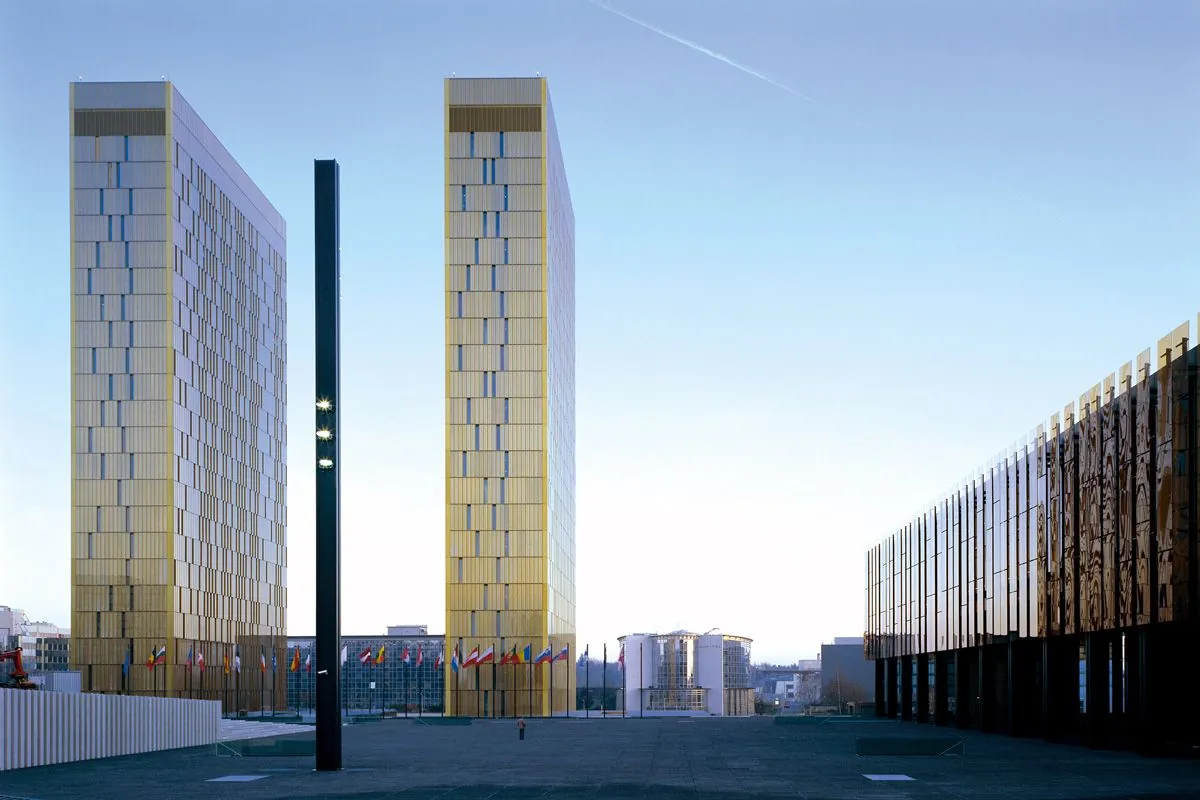The European Union Court of Justice has issued a landmark ruling, mandating that EU member states must recognize gender identity changes made in other EU countries. This decision, announced on October 5, 2024, marks a significant step forward for transgender rights across the European Union.
The case that prompted this ruling involves Arian Mirzarafie-Ahi, a British-Romanian transgender man who faced challenges when Romanian authorities refused to acknowledge his gender identity change. Mirzarafie-Ahi moved to the UK in 2008 and obtained British citizenship in 2016, coinciding with the start of his transition. While UK authorities provided him with a gender recognition certificate, Romanian officials declined to update his national papers in 2021, insisting on adherence to their own lengthy procedures.
The EU court's decision emphasizes that member states must recognize and update national documents for individuals who have legally changed their gender identity in another EU country, without requiring additional proceedings. Notably, the court clarified that this obligation remains valid even if the change occurred in a country that has since left the EU, as in the case of the UK post-Brexit.
This ruling sets a crucial precedent for transgender individuals across the EU, potentially addressing issues related to free movement, residence, employment, education, and voting rights within the bloc. The decision aligns with the EU's commitment to fundamental rights and non-discrimination, as outlined in the EU Charter of Fundamental Rights adopted in 2000.
Romania's LGBTQ rights organization ACCEPT, which supported Mirzarafie-Ahi's case, hailed the ruling as a significant victory. This decision is particularly impactful in the context of Romania's conservative stance on LGBTQ rights. Despite decriminalizing homosexuality in 2001, Romania still does not recognize same-sex marriages or civil partnerships, placing it among a minority of EU countries in this regard.
The case highlights the ongoing challenges faced by the LGBTQ community in Romania and other conservative EU member states. It's worth noting that Romania held its first Pride parade in Bucharest in 2005, marking a gradual shift in societal attitudes. However, progress has been slow, as evidenced by the country's Civil Code, which explicitly defines marriage as a union between a man and a woman.
This ruling by the European Court of Justice, established in 1952, reinforces the EU's commitment to LGBTQ rights, a journey that began with the European Parliament's first resolution on the matter in 1994. It also aligns with broader international trends, such as the World Health Organization's 2019 decision to remove transgender identity from its list of mental disorders.
The decision is expected to have far-reaching implications for transgender rights across the EU. Currently, according to Transgender Europe (TGEU), only 25 countries in Europe have a legal gender recognition procedure. This ruling may prompt more countries to review and update their policies to ensure compliance with EU law and protect the rights of transgender citizens.
As the EU continues to grapple with diverse national approaches to LGBTQ rights, this ruling serves as a reminder of the bloc's foundational principles of equality and non-discrimination. It also underscores the ongoing need for harmonization of laws and practices across member states to ensure the full realization of EU citizenship rights for all individuals, regardless of gender identity or sexual orientation.
"In that regard, it is irrelevant that the request for recognition and entry of the change of first name and gender identity was made ... on a date on which the withdrawal from the European Union of the other Member State had already taken effect."
This landmark decision not only affects Arian Mirzarafie-Ahi and other transgender individuals in similar situations but also reinforces the EU's role in protecting and promoting human rights across its member states. As Europe continues to evolve in its understanding and acceptance of gender diversity, this ruling marks a significant step towards a more inclusive and equitable Union.
